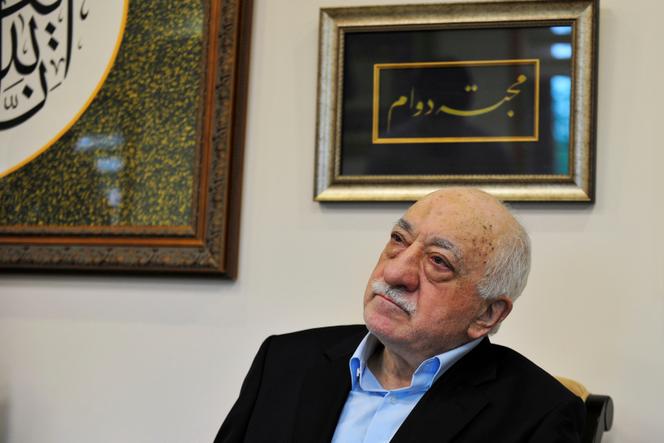


In recent years, multiple rumors announcing the death of Fethullah Gülen, a Turkish preacher living in exile in the United States, had sprung up before being denied. But on Monday, October 21, messages of condolence on social media from members of the Hizmet movement confirmed the death, at the age of 83, of one of the most controversial figures in recent Turkish history.
Gülen's patient, methodical development of the Hizmet ("service" in Turkish) movement, starting in the 1960s, transformed him into a key player on the Turkish political scene. The ruling Islamist and conservative AKP (Justice and Development Party) maintained close relations with Hizmet, which is sometimes also called the Gülen movement, until the 2010s. The gradual rise in tensions between the two camps reached a climax in 2016, with the attempted coup on July 15 in which 252 people were killed and 2,700 injured.
Universities, media outlets, associations and other institutions linked to the Hizmet movement – which was renamed FETÖ, or Fetuhalist Terrorist Organization, by the Turkish government – were shut down during vast "cleansing" operations carried out in the aftermath of July 15. Some 130,000 civil servants lost their positions, and thousands of members – real or supposed – of the Hizmet movement were thrown into prison on the basis of sometimes flimsy evidence.
To escape this reckoning, tens of thousands of Turkish nationals went into exile in Europe, particularly in Germany, where 80,000 have sought asylum since 2016, according to Der Spiegel. While it is difficult to estimate the number of Hizmet members among them, the re-establishment of community ties (around 300 associations) and the lobbying activities carried out on behalf of the movement attest to their presence on the ground. News sites such as BoldMedya and Tr724 maintain a pro-Gülen editorial line inside the diaspora.
"There's a sort of naiveté that persists in Germany about the true nature of the movement," said Can Dündar, the former editor-in-chief of the opposition newspaper Cumhuriyet, who now lives in exile in Berlin. "Even within the intelligence services, high-ranking figures continue to assert that this is a pacifist movement... Their lobbying activities are very powerful."
Indeed, Dündar saw firsthand that the movement's political activities were still ongoing when German-based Hizmet members, angered by a documentary that he made on the 2016 attempted coup for the German channel ZDF, tried to stop it from being broadcast. "I'm convinced that a large proportion of the movement's former prosecutors and former military are hiding in Germany," he stated.
You have 45.81% of this article left to read. The rest is for subscribers only.
